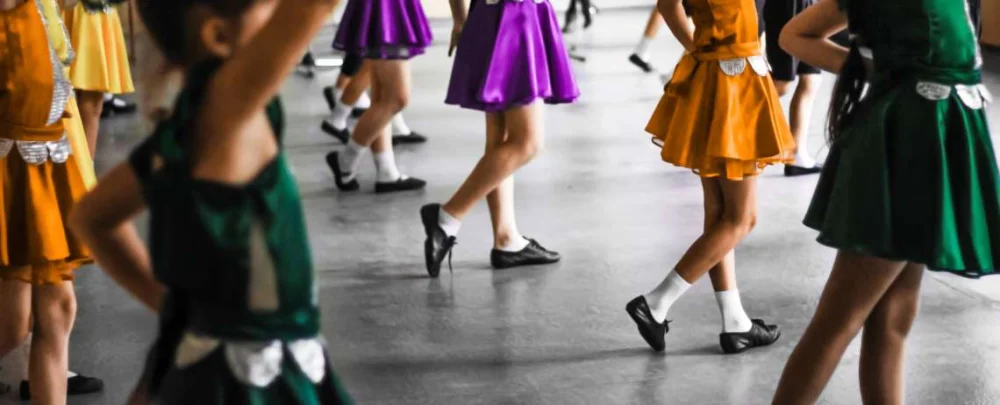
- defining-extracurricular-activities-in-educational-contexts
- where-do-school-dances-fit-in
- how-dances-enhance-student-development
- real-experiences-from-students-and-teachers
- school-dances-and-college-applications
- making-the-most-of-school-dance-experiences
1. Defining Extracurricular Activities in Educational Contexts
Before answering the question "are school dances considered extracurricular activities", it's important to understand what “extracurricular” really means in the context of school life. Broadly speaking, extracurricular activities are non-academic pursuits organized or supported by schools that promote personal development. These include sports teams, music ensembles, volunteer work, academic clubs, and yes — sometimes, social events like dances.
Although not graded or part of a curriculum, these activities contribute to a student’s broader learning and social growth, often fostering collaboration, creativity, leadership, and community engagement.
2. Where Do School Dances Fit In?
School dances—such as homecoming, prom, or seasonal events—don’t usually involve regular meetings, practice schedules, or competitions, which are typical markers of extracurricular involvement. However, they still fall into the broader category due to their structured organization and school affiliation.
Students involved in planning or coordinating school dances—like those in student council, event committees, or dance crews—can certainly count their efforts as valid extracurricular experience. But even those who attend as participants still gain social exposure, peer bonding, and cultural engagement.
3. How Dances Enhance Student Development
3.1 Social Skills and Emotional Intelligence
School dances are rich environments for developing emotional intelligence and social awareness. Navigating group dynamics, asking someone to dance, or simply enjoying music in a group setting enhances students’ confidence and self-expression.
3.2 Cultural Literacy and Tradition
Prom and homecoming aren’t just parties—they are rites of passage in American high school culture. Understanding and participating in such traditions helps students feel a sense of belonging and connection to their school’s legacy and identity.
3.3 Leadership and Planning Experience
Students on event planning teams gain hands-on experience in budgeting, logistics, creative design, and communication. These are key skills that mirror professional project management and can bolster both college applications and resumes.
4. Real Experiences from Students and Teachers
At Lincoln High School in Oregon, the 2023 senior prom was fully organized by the Junior Class Council. According to teacher advisor Mr. Phillips, students managed everything from DJ negotiations to lighting logistics. One student even led a team in creating a social media campaign to boost attendance. This kind of involvement exemplifies extracurricular initiative and leadership.
Meanwhile, Emma T., a high school senior from New Jersey, noted how attending school dances helped her break out of her shell socially. “I used to be shy, but after the winter formal, I actually made new friends and joined the drama club the next week,” she shared.
5. School Dances and College Applications
If you’re applying to college and wondering whether attending or helping organize school dances matters—yes, it can. Admissions counselors look for well-rounded students with initiative, interpersonal skills, and a record of school involvement. Planning events like dances or leading committees shows community impact and collaborative spirit.
While simply attending a dance won’t go on your Common App, being part of what makes it happen absolutely counts. It reflects time management, event planning, and responsibility—skills that can be elaborated on in essays or recommendation letters.
6. Making the Most of School Dance Experiences
6.1 Get Involved Behind the Scenes
Join student council, drama or music clubs, or dance committees. These groups often lead the creative and logistical direction of school events and offer a genuine extracurricular structure you can highlight.
6.2 Build Your Skills
Whether you're choreographing routines or designing decorations, use each opportunity to grow a skill—teamwork, public speaking, time management—that can benefit you later in life.
6.3 Find Supportive Resources
If you’re looking to sharpen your dance skills or organize better events, check out American Dance Academy. Their programs and services help students and schools create meaningful and polished dance experiences. From beginner lessons to advanced performance prep, it’s a resource worth exploring if dance is your passion.
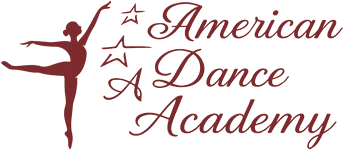
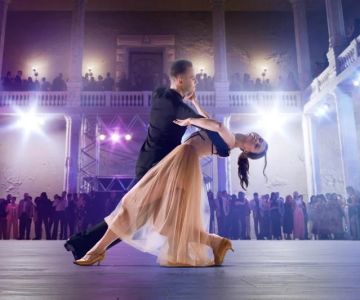
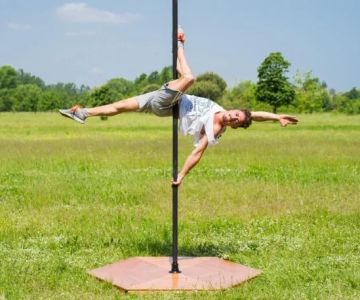
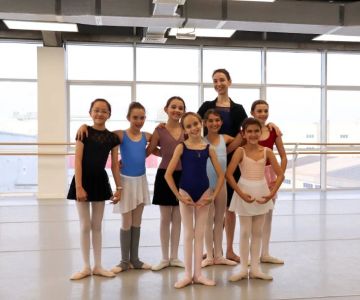
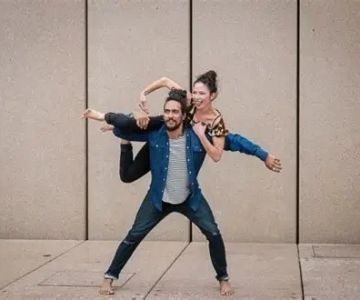
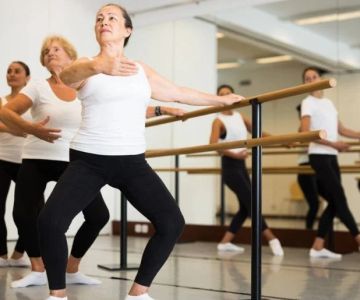
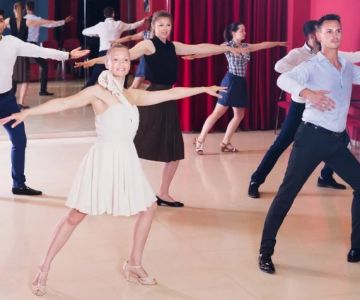
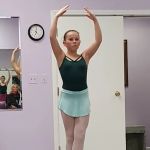 Barrington Dance Academy5.0 (22 reviews)
Barrington Dance Academy5.0 (22 reviews)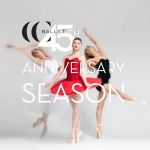 Canyon Concert Ballet4.0 (17 reviews)
Canyon Concert Ballet4.0 (17 reviews) Big City Dance Center LLC4.0 (25 reviews)
Big City Dance Center LLC4.0 (25 reviews)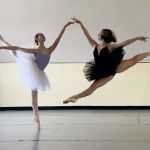 Tye Chua Dance & Kalamazoo Ballet5.0 (18 reviews)
Tye Chua Dance & Kalamazoo Ballet5.0 (18 reviews)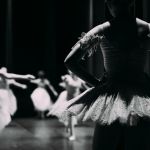 Fenton Ballet Theatre4.0 (24 reviews)
Fenton Ballet Theatre4.0 (24 reviews) Front Street Dance Center5.0 (7 reviews)
Front Street Dance Center5.0 (7 reviews) Are There Dances in Middle School? What Students and Parents Should Know
Are There Dances in Middle School? What Students and Parents Should Know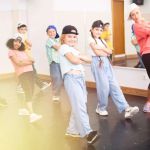 How a Dance School in Instagram Builds Community and Success
How a Dance School in Instagram Builds Community and Success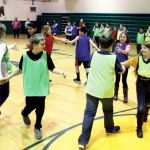 Why Do Schools Teach Square Dancing?
Why Do Schools Teach Square Dancing?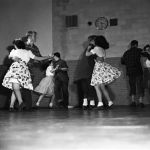 Why Was Square Dancing Taught in School?
Why Was Square Dancing Taught in School? Why Swing Dance Is Popular for Adults
Why Swing Dance Is Popular for Adults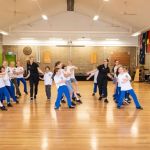 A School Dance: How to Prepare, Shine, and Make It Unforgettable
A School Dance: How to Prepare, Shine, and Make It Unforgettable